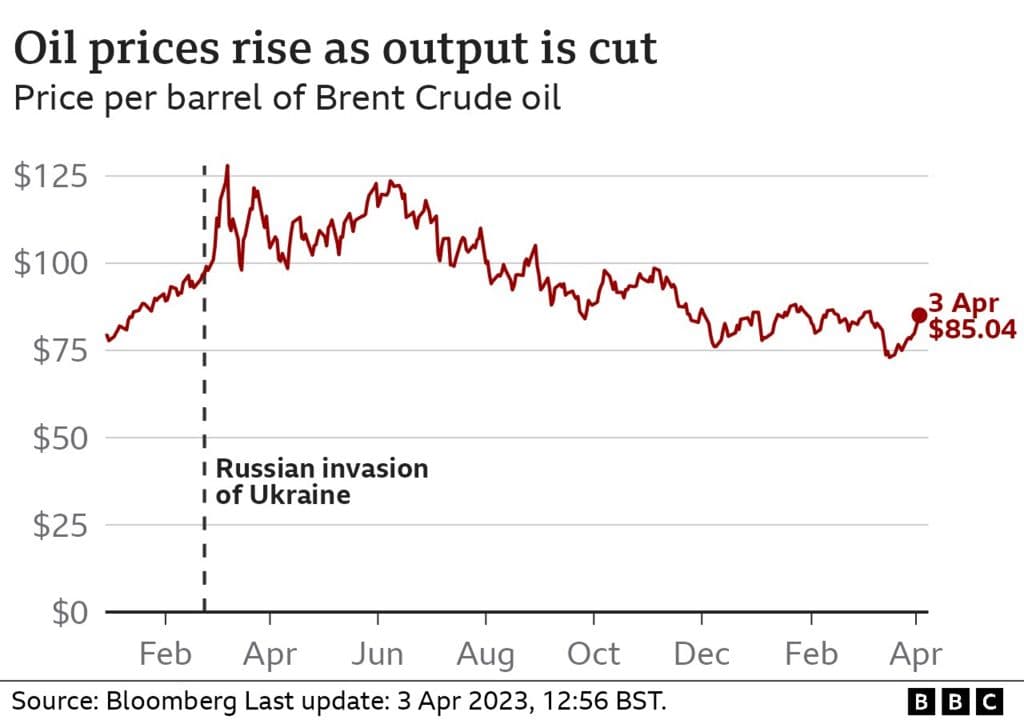Global Markets Plunge as Mixed U.S. Jobs Data Roils Tech
Global equity markets are tumbling after a mixed and delayed U.S. jobs report injected fresh uncertainty into the Federal Reserve outlook, triggering a sharp retreat in large cap technology stocks. The rout matters because it reshapes rate expectations, pressures richly priced AI and semiconductor names, and could slow risk taking ahead of upcoming inflation data.

Global equity markets are sinking as investors absorb a U.S. jobs report that combined stronger payroll gains with a rise in the unemployment rate and downward revisions to prior months. Asian and European bourses opened sharply lower and U.S. futures signaled a weak start, as traders reevaluated the timing and likelihood of Federal Reserve rate cuts.
The technology sector led losses, with AI related platforms and semiconductor manufacturers among the heaviest hit. Stocks that had driven much of the recent market rally moved decisively lower, reviving questions about stretched valuations and the durability of demand for high growth names. The selloff widened volatility across equity markets and contributed to broad risk off flows into government bonds.
Treasuries rallied in response, pushing yields lower as market participants sought safe haven assets and recalibrated expectations for Fed policy. Market implied odds of a Fed rate cut in December shifted markedly, reflecting the new balance between stronger than expected payroll gains and signs of a loosening labor market. That ambiguity has complicated central bank communications and left investors scrambling for clues about the timing of any policy easing.
The mixed labor market snapshot is economically significant because employment data forms a central input to Fed decision making. Stronger payroll gains tend to reinforce the case for steady policy, while a rising unemployment rate and negative revisions to past data suggest softer underlying momentum. The combination is difficult for policymakers, who must weigh inflation risks against signs of cooling in labor markets that could allow for easier policy later.
Market participants are parsing the report for details, including whether the headline strength masks weakness elsewhere in labor force participation or hours worked. Analysts note that revisions to prior months reduce the cumulative employment gain this year, a factor that could temper calls for an aggressive policy pivot. At the same time, stresses in tech valuations mean any shock to growth expectations can produce outsized equity moves.
The rout also has broader market implications. A sustained pullback in large cap technology could reduce equity market breadth and increase the cost of equity financing for high growth firms. Lower Treasury yields, if persistent, would reshape discount rates and asset allocation decisions across portfolios, while heightened volatility can increase hedging costs and limit risk appetite in corporate financing markets.
Looking ahead, investors will focus on incoming inflation readings, upcoming Fed commentary, and corporate earnings for more definitive signals about growth and policy. For policymakers, the report underscores the delicate calibration required to transition from a period of restrictive monetary policy without derailing labor market progress. For markets, the episode is a reminder that momentum driven rallies can reverse quickly when macro data fails to provide a clear directional signal.

